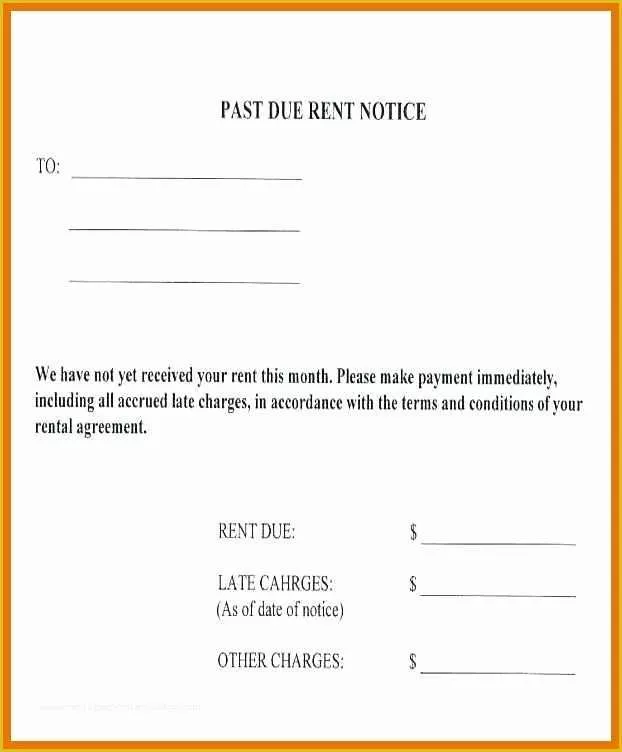

Specific procedures must be followed for statutory remedies, and disregarding those procedures can expose you to a civil damages suit against you by the owner. (Instead of giving two separate written notices, you can give a single notice if it meets certain standards provided under state law.) If you still don’t get a response, you may have legal grounds to exercise statutory rights of lease termination, compulsory repairs, damages, penalties, third-party repair and deduct, and attorney’s fees.

If you don’t receive a response within a reasonable time, re-notify the owner/manager orally and in writing. Give the owner/manager written notice of the needed repairs, and keep a dated copy. In most cases, the owner must repair security devices or any condition that materially affects the health or safety of an ordinary resident. If the lease requires management to make repairs, submit all repair requests in writing and keep a dated copy. Review a sample TAA Apartment Lease Contract. Even if you have a dispute, you should not withhold rent since that could make you subject to eviction. This will be helpful if there is a dispute over deductions for repairs when you move out. Sign it, have the manager sign it and keep a copy. (Most properties will provide you with an inventory and condition form). Make a checklist of the condition of the property and any furnishings when you move in.

Under Texas law you have a right to receive a copy of your lease. Keep a copy of the lease signed by you and the owner or manager, as well as any community policies or rules.

Review a sample TAA Rental Application for Residents and Occupants. If the seventh day falls on a weekend or holiday, the deadline for notifying an applicant of acceptance is extended until the end of the next business day. Texas law provides that unless notified of acceptance, a rental applicant will be presumed to be rejected at the end of the seventh day after the owner receives a completed rental application. If an owner acts in bad faith and fails to return an application deposit, the owner may be liable under Texas law. However, depending on the application you fill out, the deposit may not be refunded for reasons such as if your application is approved but you decide not to move in, or you fail to tell the truth on your application. If not, the deposit is refundable in most cases. This deposit is applied toward your security deposit if your application is approved. If you know that you do not meet the criteria, you might rethink submitting an application to rent at that property.Īn application deposit may also be required. The owner is required to make such rental criteria available to you. Make sure you know the owner’s rental qualifying criteria before you complete an application. You will be charged a non-refundable application fee to cover the cost of verifying your credit, rental history, etc. Once you find a place where you want to live, you will be required to fill out a rental application.


 0 kommentar(er)
0 kommentar(er)
